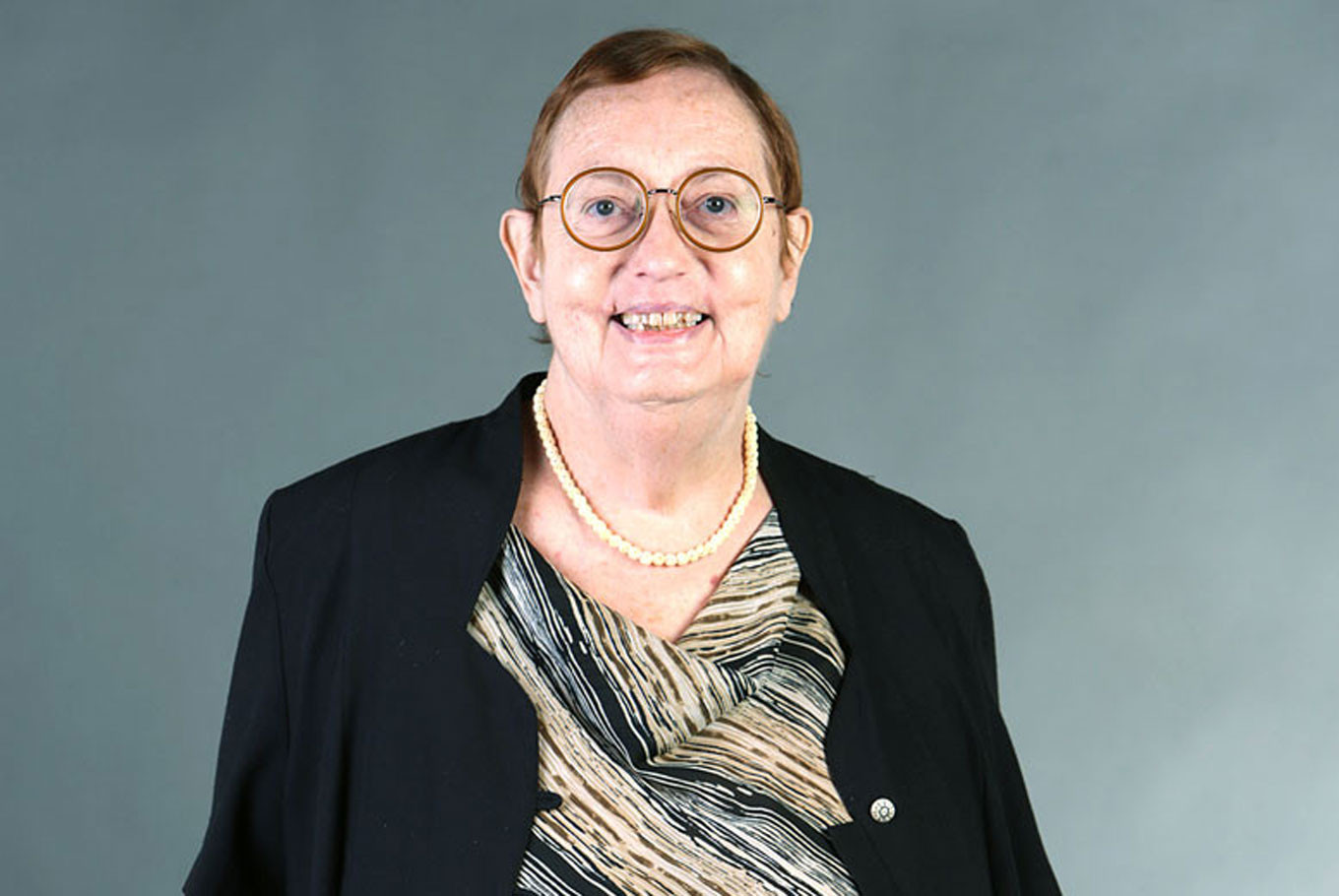Popular Reads
Top Results
Can't find what you're looking for?
View all search resultsPopular Reads
Top Results
Can't find what you're looking for?
View all search resultsMaggie Agusta, 'Post' doyenne, passes at 69
Change text size
Gift Premium Articles
to Anyone
M
argaret “Maggie” Agusta, pioneer, trainer and mentor at The Jakarta Post, who according to a colleague “shaped many writers”, died on Thursday at 2:40 p.m. at the age of 69.
Doctors at Pelni Hospital, West Jakarta, said she died of anaphylactic shock after an earlier allergic reaction. Maggie will be buried at Kemiri Cemetery in Rawamangun, East Jakarta, on Friday after noon prayers.
Staff at the Post expressed shock and sorrow at the sudden news as she was still mentoring reporters as late as Wednesday evening. Days earlier Maggie had sent colleagues a link to the music video for Daysleepers (Kisah Dua Jendela [Story of Two Windows]), the latest film by her son, noted director Paul Agusta.
Margaret Rose Glade was born on June 5, 1949, in Creston, Iowa, in the United States, to Edna Crow and Vernon Paul Glade. She graduated as bachelor of fine arts from the University of Iowa, where she met Leon Agusta, a renowned Indonesian poet. She moved to Indonesia and wed Leon in 1978, becoming stepmother to his several sons and daughters from two earlier marriages.
She started working with the Post in 1984, a year after it was founded, as a copy editor, and became chief copy editor, and established the Check Desk in 1995, recalls Linda Hollands Sjahlim, the current Check Desk head. Strenuous editing and long hours contributed to newsroom stress; but led Maggie to conclude that cultural differences were behind many problems in reporting, writing and editing work by reporters whose first language was Indonesian.
Maggie also contributed pieces as an art critic for the newspaper.
“But her greatest pride was when she was asked to train and mentor the new journalists,” Paul said Thursday. “It was something that she never wanted to stop doing. Dad tried to get her to retire, I tried to get her to retire, but she just loved training journalists so much […] it was just a massive source of pride and joy for her.”
Paul added that another source of pride for her was her activism.
“She was one of the most badass feminists I’ve ever met. This year was the only year she did not do the women’s march. She had gone every year,” Paul said.
Maggie was involved in many feminist groups, including Lentera Sintas Indonesia, which advocates on behalf of survivors of sexual abuse. “Maggie was a staunch supporter and an important ally for us in fighting for gender equality. […] Her powerful essays touched many hearts and empowered many people,” said Hera Diani, cofounder and managing editor of feminist website Magdalene on Thursday
Maggie was also a translator and writer. Among her many translations of literary works were novels by Ayu Utami. Her latest work was a translation of the biography of prominent businessman Sofjan Wanandi.
Through her abundant projects and activities with cross-cultural communities Maggie touched many lives.
Apart from Paul and his partner Kyo Hananto and her stepchildren, Maggie is also survived by a sister and a brother in the US.
Film writer and restorer Lisabona Rahman noted that Maggie had translated more than half of the entries in the Indonesian Film Catalogue (filmindonesia.or.id) from 1926 until the present day.
“I think we have to pay tribute to her for her contributions as a teacher as well as someone who bridged cultures very well,” she said.











